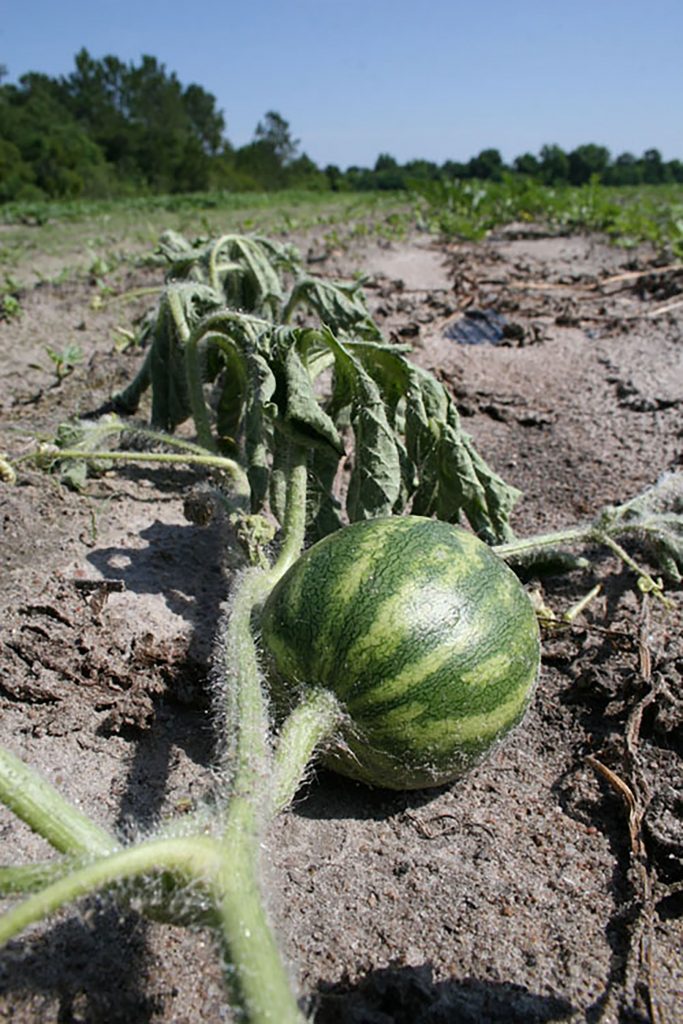Excessive rains in February continue to impact South Georgia vegetable producers who are trying to plant this year’s crop.

Some fields are still too soggy to apply fumigation, a necessary component of vegetable production in how it controls nematodes and other diseases like fusarium. Farmers are faced with the difficult decision that could impact yields come harvest season: Apply fumigation or don’t?
“The rain kept everybody out of the field. Everybody’s running a couple of weeks late, probably,” said Ty Torrance, University of Georgia Cooperative Extension Vegetable Agent for Colquitt, Tift and Worth Counties. “There were a couple of folks that were able to get some plastic laid. They’re starting to set some plants. There are some plants going into old plastic. But a lot of the new ground is either too wet for them to lay their plastic or they laid it when it was too wet and we’re having a lot of problems with fumigation right now. When you fumigate when it’s too wet, you can trap the gas and it takes a long time for it to come out of there, longer than it normally would.
“Some people are leaving out the fumigation altogether, so they don’t have to worry about that. That’ll present a whole nother list of problems throughout the season.”
Farmer-by-Farmer Basis
Torrance said that producers with access to drip tape can apply nematicides throughout the season that help with nematode management. However, it’s not as effective as fumigation and not all producers utilize drip tape.
“It is a farmer-by-farmer basis because a lot of it depends on when their plants are going to be ready. How much time do they have before they have to do something?” Torrance said.
According to the University of Georgia Automated Weather Network, Tifton, Georgia received 8.77 inches of rainfall in February, compared to 6 inches in 2020 and 2.1 in 2019. In Moultrie, Georgia, 8.47 inches were recorded, compared to 6.27 in 2020 and 3.1 in 2019.
“As widespread as the rain was and as consistent; it wasn’t like we had one big rain, you could do a little bit and then it rained again; it was to the point where they had to stay out of the fields for extended periods of time,” Torrance said.
Fields still had trouble drying out last week amid sunshine and high temperatures.
“You get past that top couple of layers of soil and it’s still wet down there, which is the problem with the fumigation. The Telone goes 12, 16, 18 inches deep,” Torrance said. “It’s still wet at that depth.”









